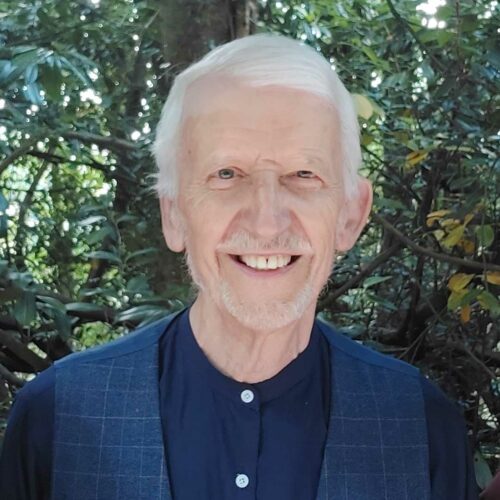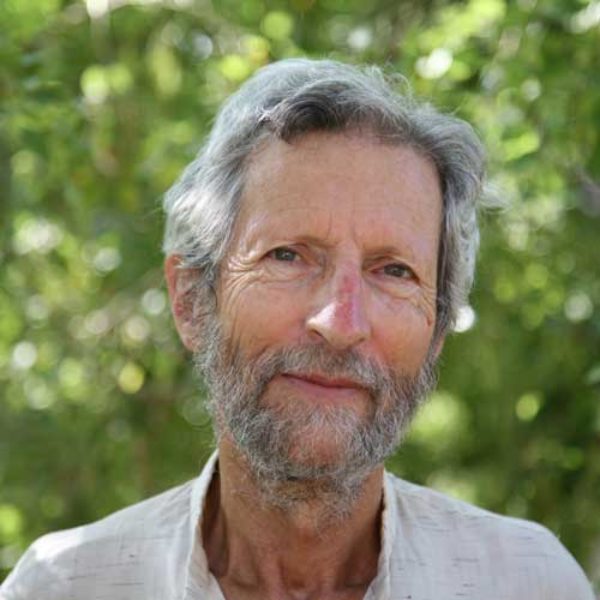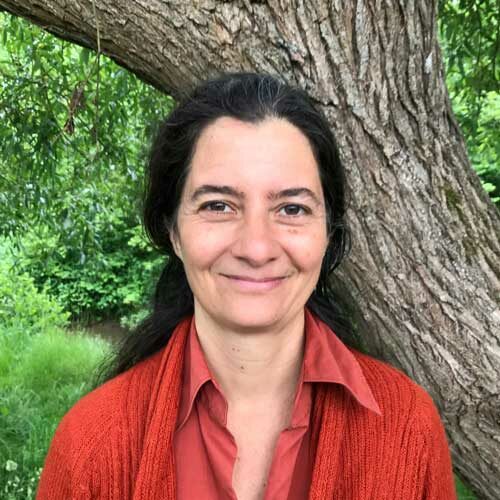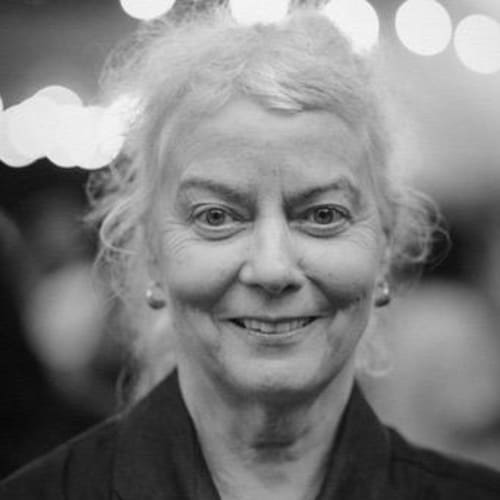The dharma invites us to face ourselves fully. But through fear, we sometimes distract ourselves, over-fill ourselves, and hold onto external attachments, in order to avoid.…what? The illusion that we are separate and isolated manifests in ways conscious and unconscious, but over time practice reveals to us that it is simply the ego that fears surrendering to presence. Ego fears its own annihilation, which is liberation for the human heart.
Ironically, the root of the word “alone” is “all one.” It is by surrendering to the emptiness within that we remember wholeness. We remember relational intelligence, interconnection, and attunement with life by turning within, and learning to engage through wakefulness rather than habit.
In today’s world, there is a lot of conditioning that reinforces the myth of separation, and we see this through an epidemic of loneliness, competition, self-consciousness, othering (within and out), and superficial connection.
Some of the questions we will explore in this session include…
How do we enable the myth of separation without being fully aware of it? And how do we dismantle this myth?
How do we bring healing to the human experience of feeling alone or isolated?
How does being with aloneness tenderize and open us more deeply to the inherent field of interconnection?
How do the teachings of relational mindfulness ultimately teach us to live in greater reciprocity, cooperation, attunement, and love?
And how is engaged interconnection and a relational immersion in life fundamental for our awakening?








Discussion